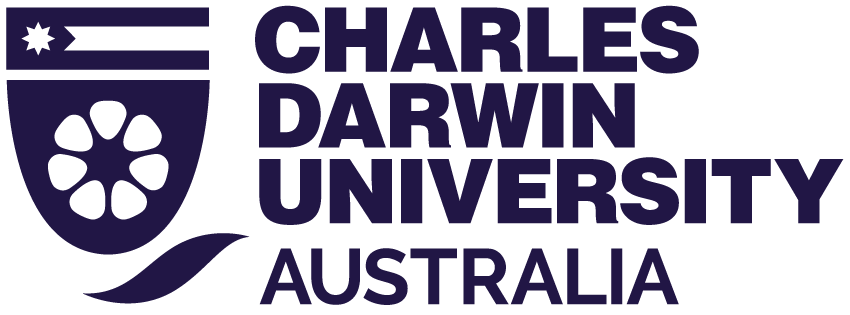7 Challenges on clinical placement
Various challenges can arise for students during clinical placements. Generally, problems can be resolved informally in a discussion between you and your clinical supervisor (or preceptor). In the event issues cannot be resolved at this level, you or the Health Facility should contact the Unit Coordinator to discuss the issues and find a solution.
Unsatisfactory progress
If you or your clinical supervisor judge that you are at risk of unsatisfactory placement, the Unit Coordinator must be contacted as soon as possible.
Generally, gaps in knowledge, skills, and behaviour will be progressively discussed with you and noted as formative assessment in your Clinical Assessment Portfolio. You will see that you are also expected to actively engage with this feedback and make a response.
Where your supervisor judges that you are below acceptable standard(onANSAT/AMSAT) a Learning Agreement may be negotiated between you, your Unit Coordinator, and your clinical supervisor.
See the Discontinuation flowchart.
Where your clinical supervisor judges that you are below acceptable standard (on ANSAT/AMSAT) and supervision can no longer assure safe practice, your placement may be discontinued (i.e. “withdrawal from placement”).
If placement is discontinued, you should normally receive a brief explanation from your clinical supervisor of senior clinical staff before leaving the facility. Nevertheless, you should also contact Unit Coordinator and Placement Office as soon as convenient.
Once your Unit Coordinator is informed of the withdrawal from placement, an information-gathering process is necessary to inform normal assessment requirements. If you haven’t already, you will be asked to provide your responses in the Clinical Assessment Portfolio. Your Unit Coordinator will explore if a Learning Agreement is feasible to permit you to safely return to clinical placement.
As with all your course assessment these processes are informed by the Higher Education Assessment Procedures.
Accident or injury (and insurance)
Charles Darwin University has personal accident and public liability coverage which extends to cover the legal liability of students while engaged on authorised university-sponsored activities including continuity of care experiences for Midwifery students. This includes practical experience activities, provided the student is not engaged as an employee in receipt of remuneration. In assisting CDU with the provision of clinical practice experience, it is understood that the student will be under supervision at all times and practice within their Scope of Practice.
Students must comply with university accident and injury reporting guidelines in addition to the procedures of the health facility. If necessary, you should attend the Emergency Department or be seen by a Medical Officer.
Students are responsible for the costs involved for any accident or injury to themselves while on placement and should be treated as a member of the public when seeking medical assistance. It is important to remember students on placement are not covered by workers compensation as you are not employed by the University or the health facility. The personal accident policy of the University is available on request.
In event of accident or injury
In the event of an accident or injury you and the health facility must inform the relevant Unit Coordinator and Placement Office about the incident as soon as practicable at NurPlacCoord@cdu.edu.au and complete a Charles Darwin University Accident and Incident Form. Send the Accident and Injury Form to the Unit Coordinator who will complete the required section and forward to the Charles Darwin University Work, Health & Safety Office.
